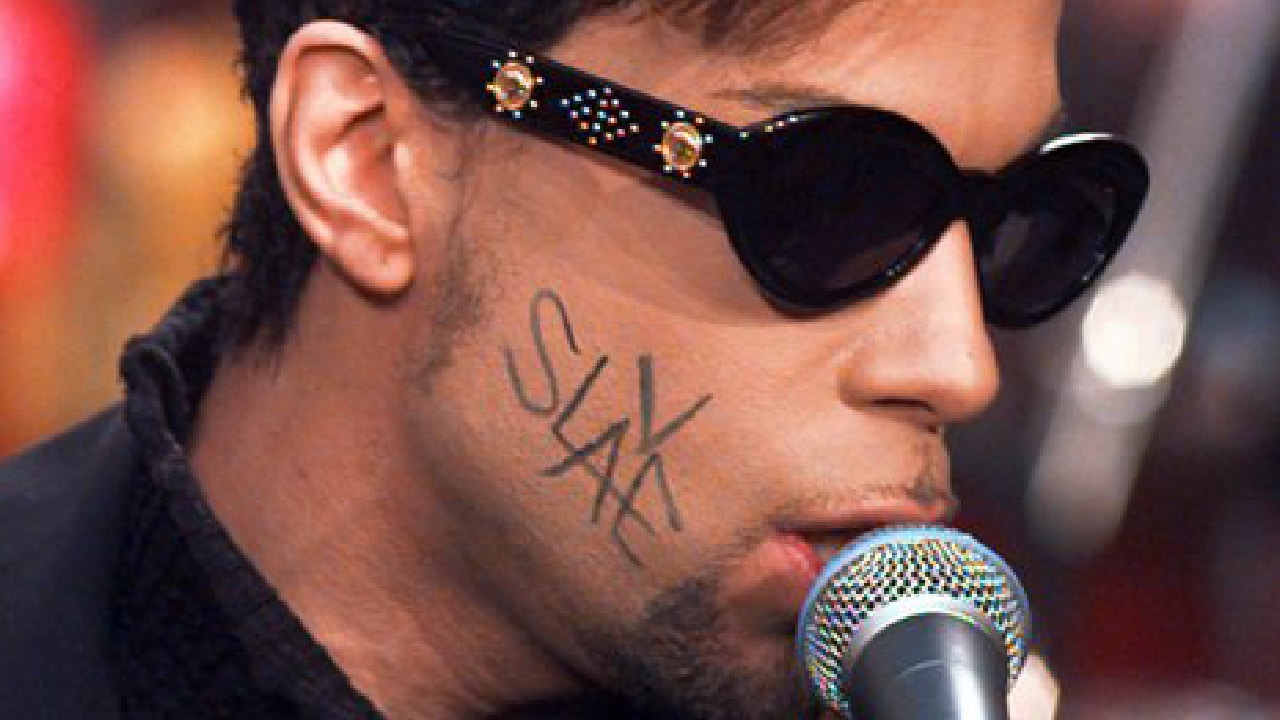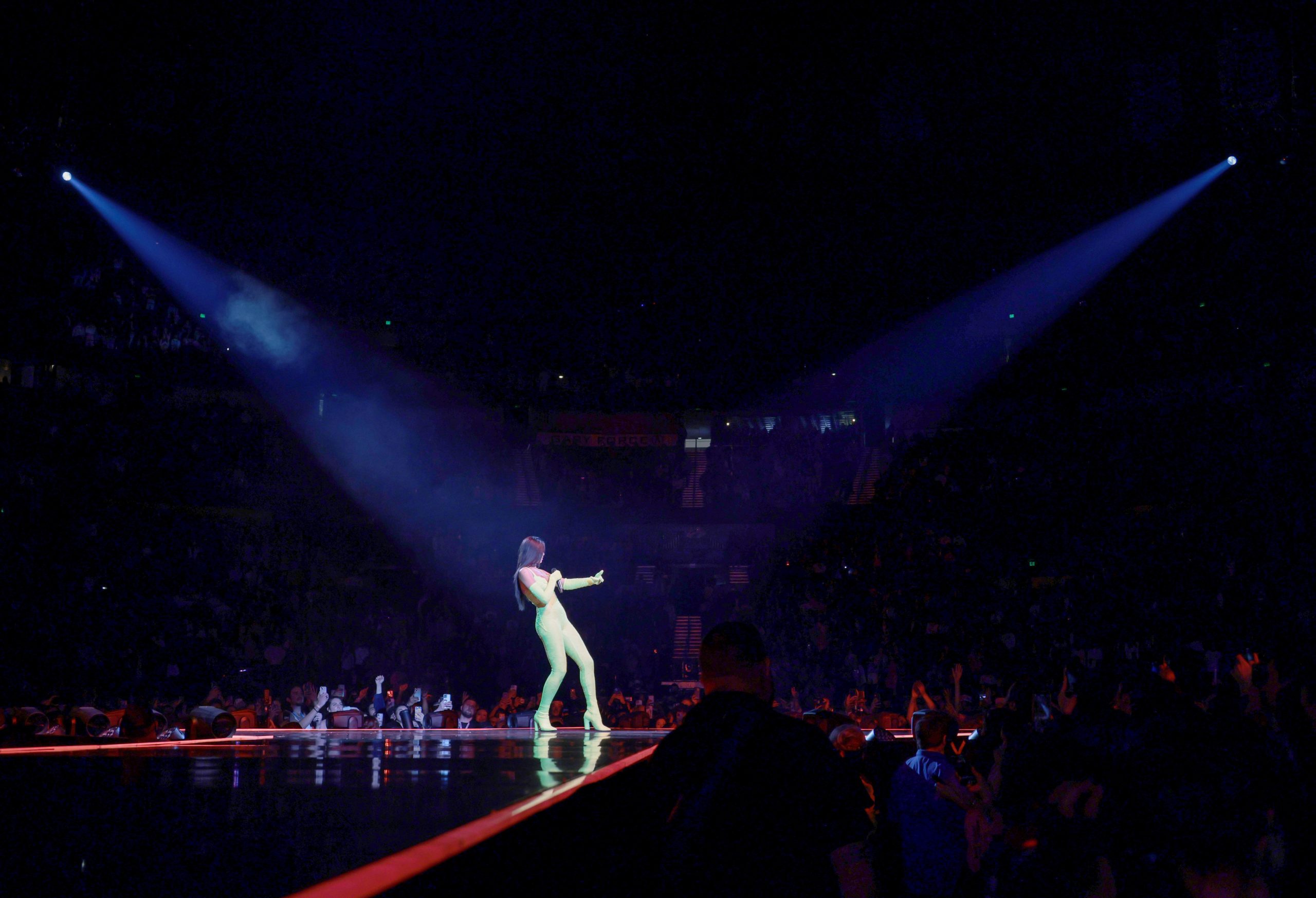
We all, at some point, have dreamt of stardom. These dreams can give the confusions of youth some purpose, they can give us direction in life, and something to strive towards. They can also make us weak, desperate, and vulnerable to manipulation.
For those who dream of the music industry, be it alone or with a band, they are perhaps stepping into the most inescapable of traps; one in which the creative are, in effect, enslaved by the savvy.
In 1994, a significant friendship in music history was formed. Fifteen-year-old Sean Parker, and fourteen-year-old Shawn Fanning met over the internet, where they bonded over mutual interests, including music, and computer hacking. Five years later, the two founded Napster. While their intentions were unclear, what they achieved was not.
Napster changed music, permanently and irretrievably. The ripple effect of one internet start-up undermined the business model of an entire industry into irrelevance. They paved the way for iTunes and, later, Spotify. In doing so, they unleashed the most pernicious form that the industry has ever taken. Napster did something very simple: take the music that people want and distribute it for free. Since that day, major record labels have played a never-ending game of financial catch-up, often at the artist’s expense.

Napster founder Shawn Fanning, whose service changed the way we listen to music. Photo: Chris Hondros/Newsmakers.
Prior to Napster’s file-sharing revolution, music had a simple model. Labels would approach an up-and-coming artist and offer them a record deal. Through the radio, and later MTV, artists would be promoted using singles and music videos. As interest grew, the artists would release a record, or go on tour. Simple, right?
For studio albums, the artist would receive, on average, 15% of all profits. While perhaps a tad low, it made sense. The label carried all the financial burden. They paid for tours, equipment, studio space and production staff. However, touring was done independently of the label, as was merchandise, meaning that outside of studio output, the artist kept 100% of all profits. This arrangement was symbiotic as artists realised their wildest dreams, and the label gained a golden goose. Everyone became rich.
But this cultural Eden was not to last. A business model built in, and for, the twentieth century, did not stand a chance when the twenty-first came. Its multiple changes and conditions have since coalesced into a perfect storm of robbery.
The first, and most obvious, change in the music business is the arrival of streaming. With it came a sharp and consistent decline in the sales of physical units. Seemingly overnight, the bedrock of the industry became obsolete. Digital music held one factor that physical music could never match: immediacy.

Touring, to state the obvious, can be hugely expensive.
With the loss of revenue caused by the internet, far more financial burden was placed on the artists to generate hits. With this in mind, creative freedom became effectively non-existent. Artists could no longer experiment, they could no longer get things wrong, or find a sound through trial-and-error. It became an industry of money, not of art.
Due to this cataclysmic change in the way music is experienced, there is simply less money to go around. This has led the industry into a predatory and dishonest pathology. Artists are now paid last – and paid the least. Not only did the prominence of physical music decline, but so too did the symbiotic relationship. In its place, a system of misdirection, manipulation, and total ownership was erected; fuelled by debt, and by financial obligation. It’s time to discuss the modern record deal.
Before I do so, it’s worth noting a new symbiosis; one between the labels and the streaming services. In this deal, labels typically take a 70% cut, while the streamers take 30%. Artists receive around half a penny per individual stream.
Prospective artists are offered what is known as an ‘album advance’. This is often a life-changing amount of money, and one the artist or band is often in no position to turn down. However, this is a loan. One that must be repaid. The label also gains full publishing rights. In short, they owned everything. Albums, tours, merchandise, social media, everything. Not even superstars are immune from this regime; Taylor Swift’s battle for control of her own music with producer Scooter Braun led her to re-record two of her albums. Swift accused him of exercising a ‘tyrannical control’.

Photo: Michael Loccisano/Getty Images for The Rock and Roll Hall of Fame.
Artists are offered the world on a dinner-plate. They’re offered fame, fortune and freedom. What they are not often told about, however, is the immediate financial burden they take on when signing. The aforementioned advance must be repaid to the label from the money generated by album sales and tours.
Ask yourself what you would do if you were destitute and had half a million dollars in front of you. All you need to do is sign. This is not entirely a new development. Pop royalty Prince had a notoriously combative relationship with Warner; one that led him to mark the word ‘slave’ across his own face, change his name to a symbol, and release what many deem to be sub-par releases, just to fulfil contractual obligations.
So, you find yourself in a position where a vast majority of the income your music makes goes straight to the label, and your small cut must first pay off the debt you have unknowingly accrued. In some cases, it has taken an artist years to repay the debt.
If a musician receives an advance of £500,000, their music will have to generate £2.5m to pay it off. In the Spotify-era of music, that’s tantamount to half a billion streams. With the decimated earnings from albums, an artist is left with one option remaining: to go on tour. This brings us into the modern day.

To give the label’s due credit, touring is expensive. And in the case of independent artist Little Simz, who felt no option but to cancel her North American tour earlier this year, it is simply too expensive.
Touring was the last bastion of what music once was. It seems to be the only feature of the industry that is immune to streaming. Yet, in recent years this vital source of revenue has been obliterated by travel restrictions and coronavirus measures. In the Covid-age, artists adopted social media as a means of income. This led the industry to its final and most pernicious trick: the 360 contract.
To put it in the simplest possible terms, the 360 contract is total ownership. Any revenue stream an artist creates is subject to an 80+% cut for the label. Fashion line, makeup brand, perfume, private performance, YouTube channel; if an artist makes a pound, the label takes 80p.
The record deal is no longer simply a working relationship between artist and executive. It is a binding contract of ownership, of indentured servitude. Perhaps, to paraphrase, Bob Dylan put it best: you’re gonna have to serve somebody, and it may just be the devil.
Fame is a double-edged sword. With it comes money and influence, but also exposure and judgement. No one achieves it alone, and often the industry machine plays a vital role in an artists’ success. But, when the artist goes from a valued creator to a dehumanised brand; one has to ask, is it all really worth it?




